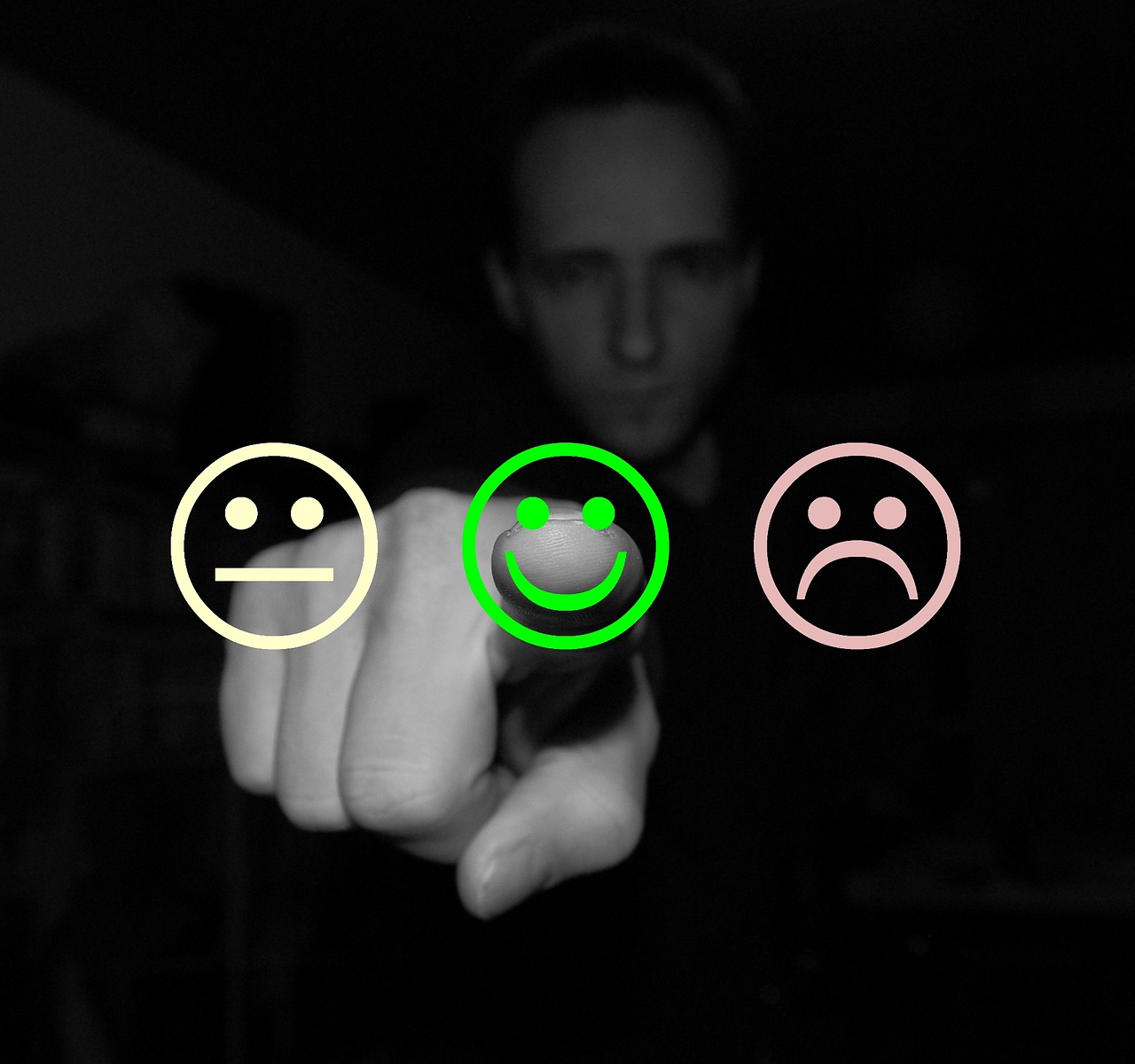Some months ago, after some conversations I had, I had an epiphany.
It could explain, at least in part, some of the nagging doubts I’ve been having throughout this year.
This is what I realised about myself, and I wrote it down in these words:
I DON'T want to touch as many lives as possible.
Before you frown any deeper, there is a second part:
I want to deeply impact a very few.
For so many years, I keep hearing advice about increasing my reach so I can impact as many lives as possible.
For example, I hear of music stars who record a single song and, because it reaches so many of their fans so quickly through so many channels, they earn a tidy income from the exposure. Their fans convert the people around them into more fans, advertisers can’t wait to sign them up for endorsement deals, and they get invited to exclusive events and perform on ever-larger stages.
It’s all about gaining leverage and using it to get yourself out of exchanging time for money. In the music star’s case, the recording of the song required spending time once. After that, it constantly ‘works for’ the star.
It sounded logical. And it was.
And I kept hearing this, especially from well-meaning fellow educators and trainers, especially those I knew from networking events and meetups.
Yet, there was always something about it that didn’t sit quite right with me. I didn’t know what it was, until recently.
It was the ‘volume’ of people that I was being told I had to reach that was bothering me. But why? What could have brought this on?
As I dug a little deeper, I was reminded of the times when I just started being a trainer and got affected by less-than-stellar feedback. Though these incidents didn’t happen often, every time they did, I felt bad.
Eventually, I learned to remove my focus on the negative feedback because they were the tiny minority. Most of my feedback was good. Some were great!
Why should I have to feel low if I had already tried multiple times to engage the student who ended up deciding that he/she didn’t want to be there in the first place and was adamant about keeping a bad attitude about it?
Wouldn’t it make more sense to focus on those who were eager to learn and apply themselves?
And these were the memories that made me realise that I had known all along that what I wanted to do was to focus - very sharply - on the very few upon whom I know I can have the greatest impact because we were compatible and we found each other at the right place at the right time. Sounds almost like a love story, doesn’t it?
I was then reminded of three students that I taught. Two of them went on to pursue education paths in the subject matter that I taught them, one locally and one overseas. In recent conversation, they expressed their gratitude for my being part of their decisions to learn more.
Another one became my colleague - a fellow trainer - teaching the same types of courses that I do even today.
Out of the thousands of students I’ve had, of whom I still keep in touch with a few, these were three that pointedly remind me about why I do what I do.
This is what I want to keep doing - to find the very few for whom I can deliver the deepest impact and help them effect the greatest change.
Doubtlessly, it will entail a certain amount of ‘outreach’, but this recent realisation has sharpened my focus and it will feature strongly in my goals for the upcoming year.






